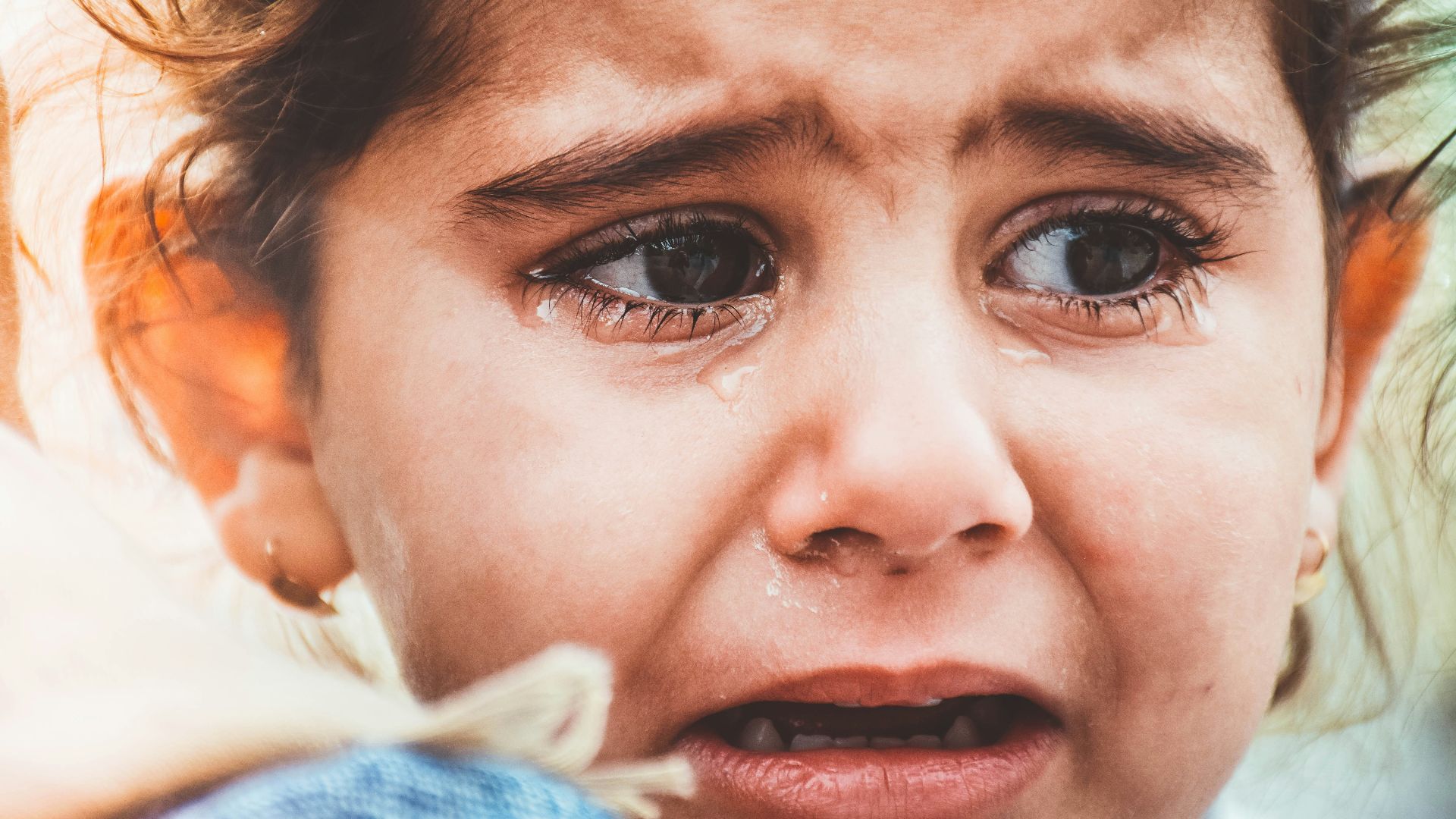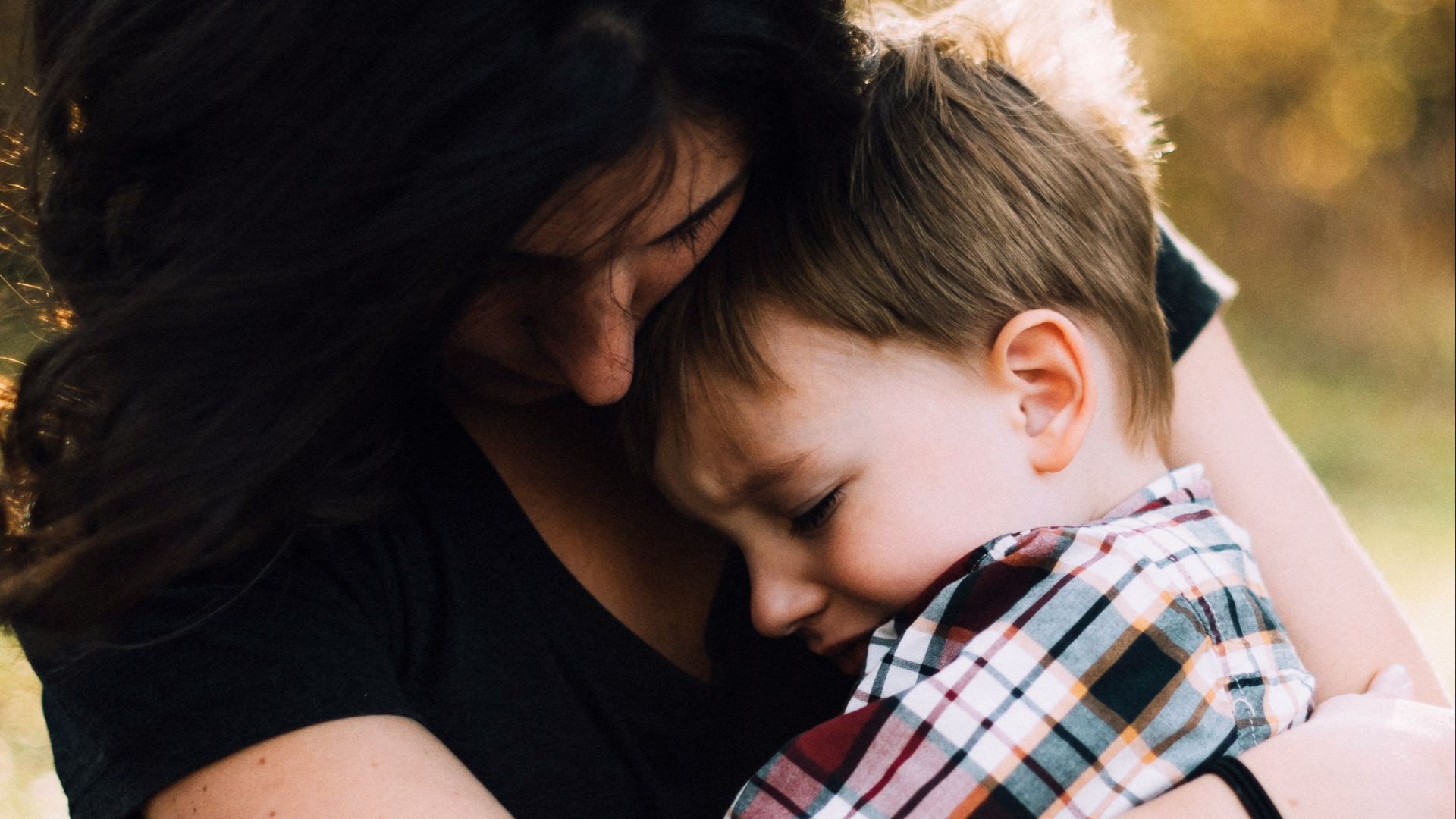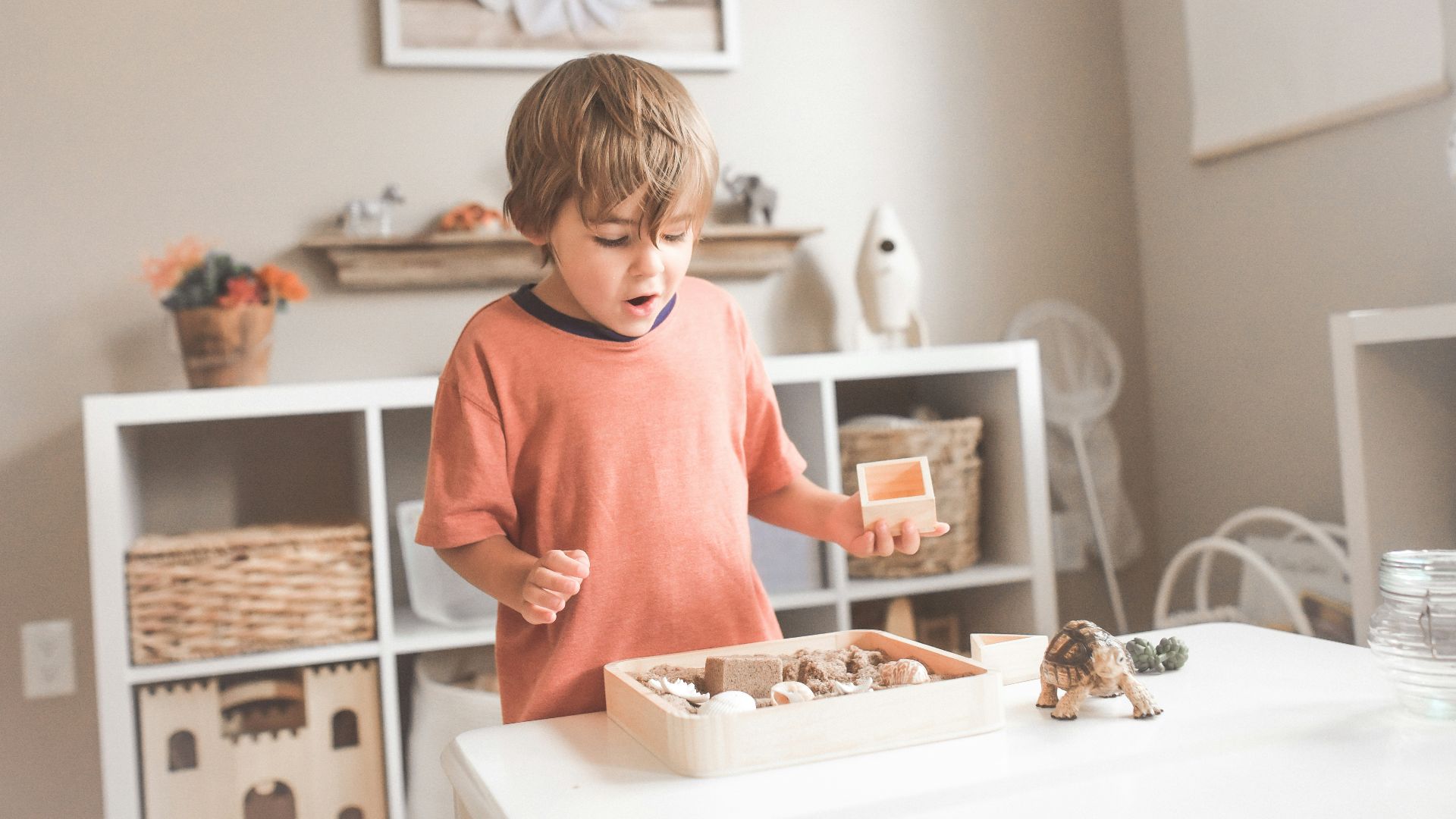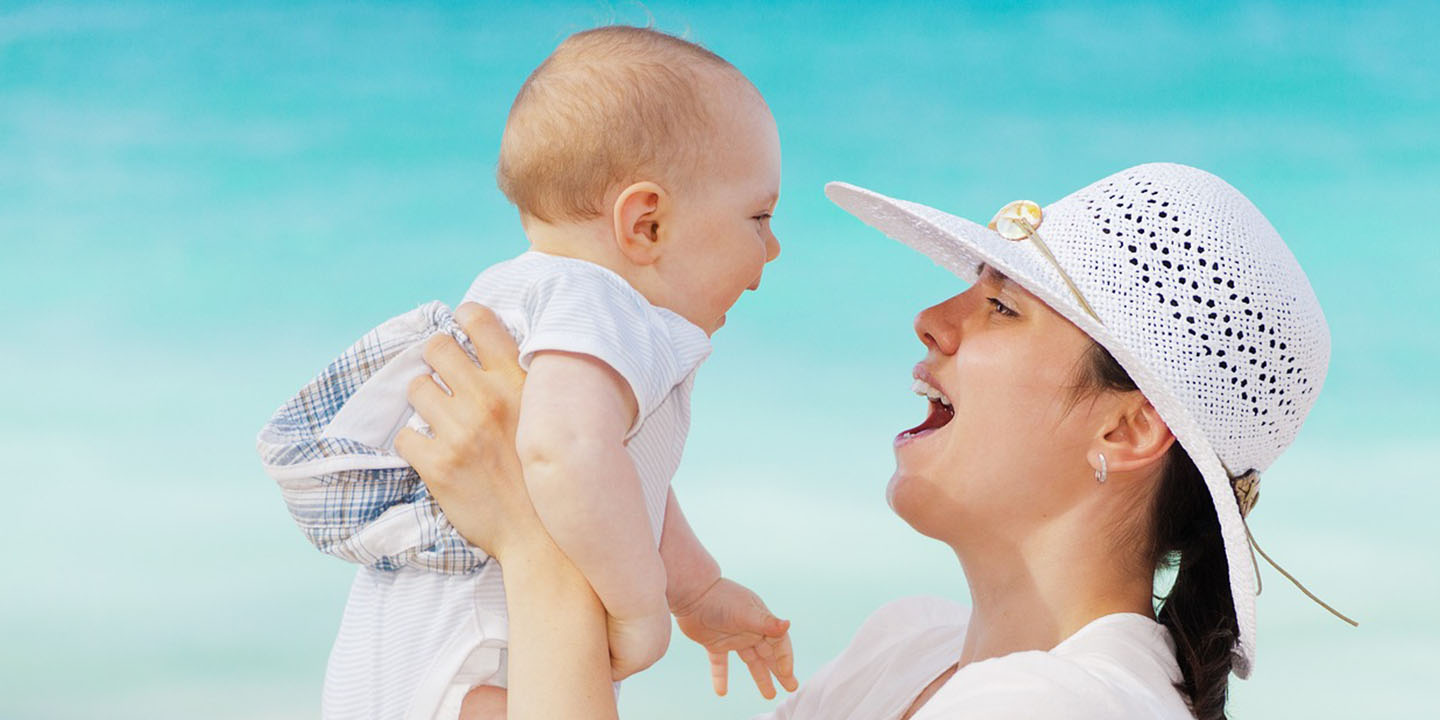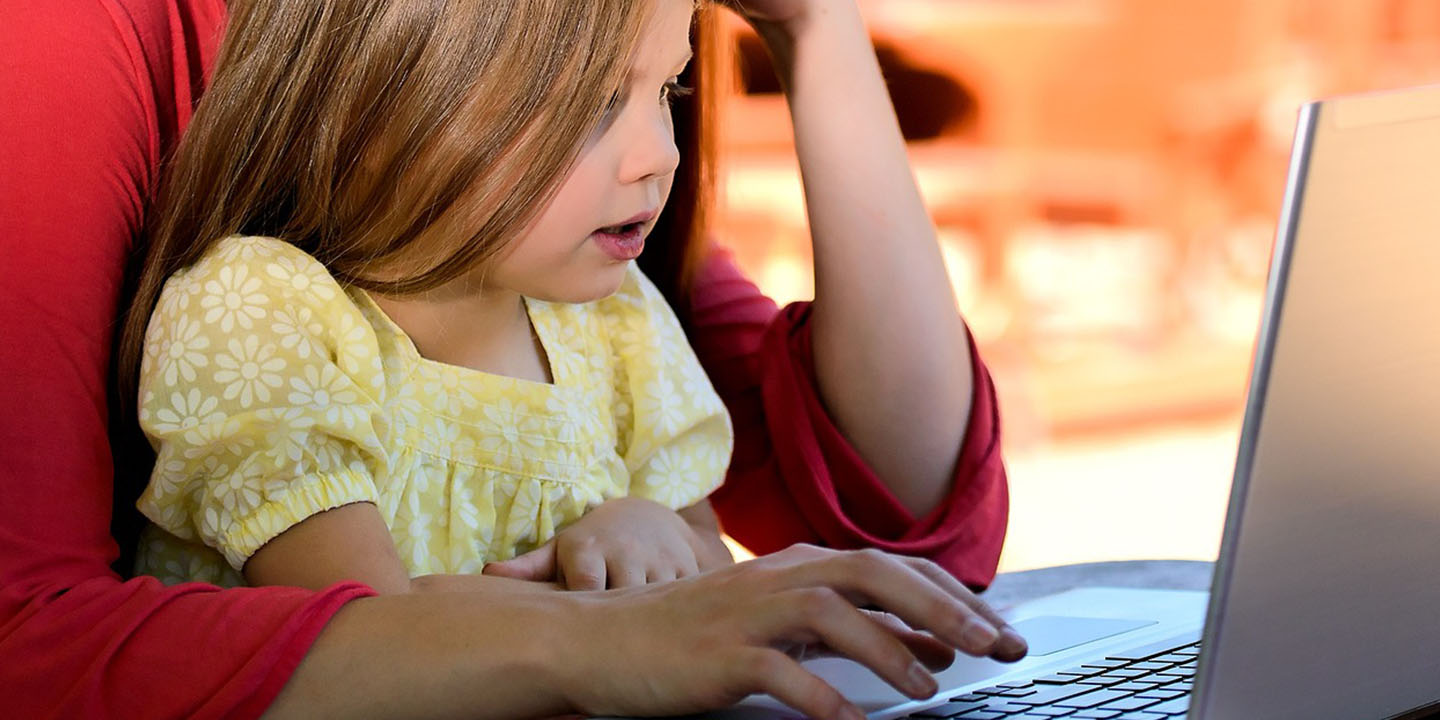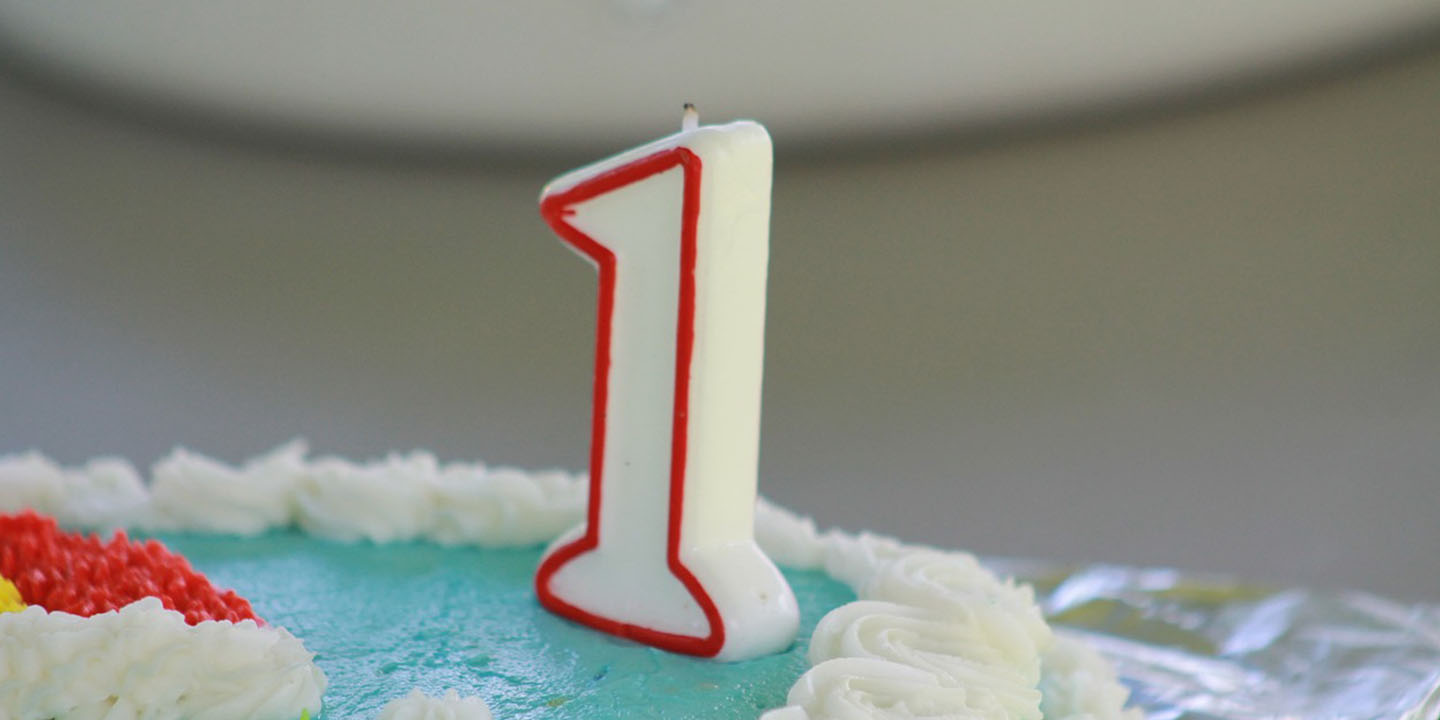Failure is usually treated like a pothole we should ideally swerve around, but kids need to hit at least a few of them for the sake of their own personal development. Not on purpose, of course, just naturally—like when a science project collapses the night before it's due, or when they freeze during a piano recital and must push through with shaking hands. These moments sting, but they lay a more solid foundation within them. These lessons can’t be learned when everything goes perfectly according to plan.
As parents, we tend to forget that kids watch how we react to setbacks more than what we say. They absorb our panic, our calm—our everything. And sometimes, oddly, failure pulls out a better version of them we wouldn’t otherwise meet.
Failure Builds Real Confidence
Kids aren’t fooled by empty praise. They know when something was easy, and they know when they barely put any effort into something. When they wrestle with a math problem for an hour, get it wrong, try again, and finally crack it—well, this kind of pride is earned. It instills a more solid kind of confidence that doesn’t wobble the moment they find themselves up against the next challenge.
There’s also a strange shift that happens when failure becomes familiar. Not comfortable, per se (failure is never comfortable), just familiar enough to know it isn’t catastrophic. When a kid burns a batch of cookies because they doubled the salt instead of the flour, they’ll bake with more caution the next time around. That’s confidence rooted in experience, not ego.
Failure Teaches Emotional Regulation
A kid melting down after a lost soccer game isn’t dramatic; it’s a stepping stone in the process of emotional maturing. They’re learning how disappointment feels in their body, and what to do with it. If they never experience that crushing feeling, they’ll be unprepared when the stakes get higher in adulthood.
We’ve all seen the kid who tries to hide their frustration by kicking the ground or staring off into the middle zone of nothing. Given time and space to process their emotions, they learn to breathe, shake it off, and move on to the next thing.
Failure Builds Problem-Solving Skills
Letting kids struggle with something—tying shoes, finishing a puzzle, figuring out why the Wi-Fi won’t work—gives them a sense of agency. They learn to experiment and to apply essential critical thinking skills that lead to little victories built from failures.
Sometimes they even surprise us with solutions that evade even us. A kid might find a way to tinker with the internet modem that seems ridiculous but works. Or they’ll patch together their broken bicycle crudely but in a way that somehow holds together.
Failure Reduces Fear of Trying
Success isn’t what keeps kids adventurous; failure is. Kids who know they can recover from a bad outcome are bolder in their everyday lives. They sign up for choir even if they’ve never sung outside the shower. They audition for the school play. They attempt making French toast, and while they may end up looking closer to scrambled bread, they eat it with pride.
There’s freedom in knowing the world doesn’t collapse when things go sideways. It’s a quiet sort of courage that keeps them carrying on.
Failure Strengthens Relationships
When adults don’t swoop in to fix everything, kids actually feel a greater sense of responsibility and ability. By lingering on the sidelines, you send a small but powerful message: you’ve got this under control, even if it’s difficult. That trust deepens the relationship, almost like an unspoken pact.
And when kids do fail, and we resist the urge to rescue them or lecture them about where they went wrong, it teaches them that support doesn’t mean control. It transforms your oversight from being a leash to an anchor of stability.


